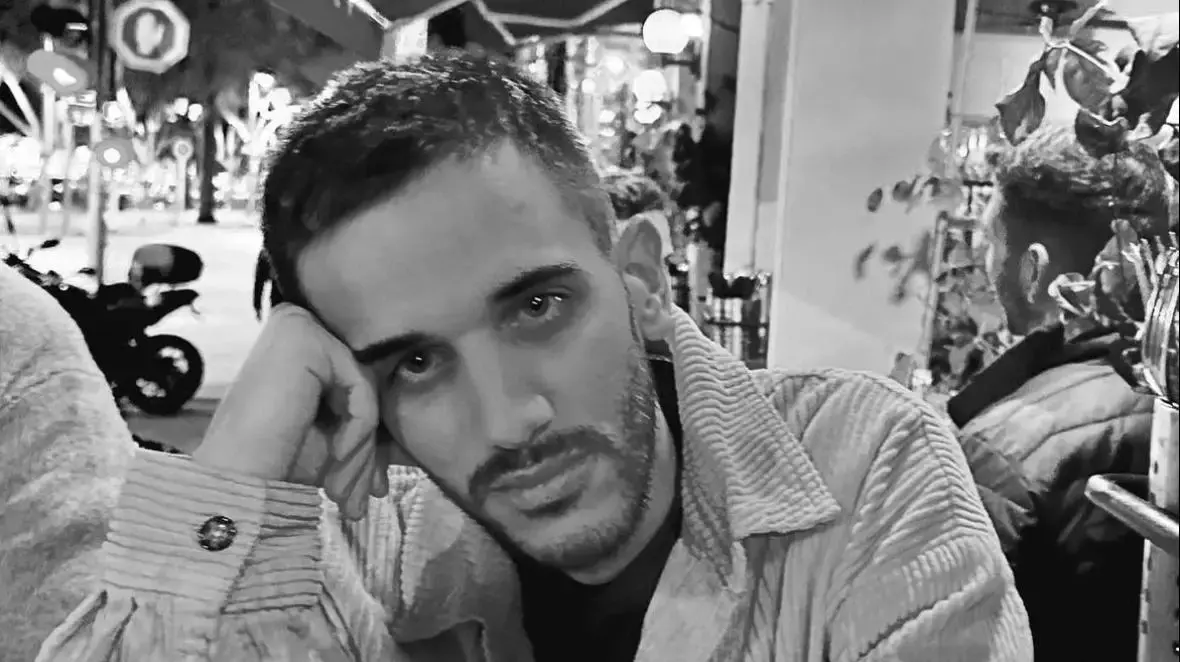Guadalupe Rivero
08/02/2021 6:00 AM
Clarín.com
Families
Updated 08/02/2021 6:00 AM
When
breastfeeding
comes to an end, the impact of this outcome falls not only on the
child
but also on the mother.
This process, which does not always receive the necessary attention, can lead to what specialists describe as post-weaning depression and needs to be addressed both by childcare providers and by perinatal psychologists.
According to the specialists consulted,
postdeteal depression
is not classified in obstetrics, gynecology, or psychology books.
However, lactation experts assure that it is a phenomenon that is often evident in mothers when they stop breastfeeding.
"We know about this issue from the anecdotal evidence that we record of women who have breastfed and who have reported experiencing feelings of sadness, anxiety, guilt or reluctance when they stopped breastfeeding,"
Vanina Schoijett
, a childcare
provider
and teacher of the Association
, told
Clarín
Civil Argentina de Puericultura (on Instagram, @acadparg).
The psychologist
Yanina Mandarino
(on Instagram, @ psi.licyaninamandarino) added that "it is not a diagnosis that is recognized as such in the psychopathology manuals that guide us in our practice as mental health professionals."
Weaning is a very important process on an emotional level.
Photo illustration Shutterstock.
However, she clarified, those who work with women who are going through this moment often see how "many times weaning brings with it feelings of deep anguish and sadness."
"Saying 'bye to the teta' is very mobilizing, not only from the emotional point of view, but also from the hormonal point of view, and women live it in a very intense way," mentioned childcare
worker
Sol Argüelles
(on Instagram, @ solarguelles.puericultora).
This type of depression arises, according to her, "when weaning occurs due to external influences, and not due to the mother's deep desire, as well as an abrupt weaning (although there is a totally justified reason)".
Breastfeeding is a fact traversed by culture.
Photo illustration Shutterstock.
External influence at weaning time
"Although breastfeeding is part of human physiology, it is also a culturally traversed fact that everyone believes they have the right to have an opinion on," explained Schoijett.
Many lactations are terminated earlier than the mother would have wanted, both due to improper handling that can promote early weaning by the baby, misinformation from health professionals who care for the dyad or due to the influences of the nearby environment to the woman, who for some reason disapproves of continuing breastfeeding and exerts pressure for the mother to initiate a weaning process.
In this sense, the childcare provider stated that when the woman "is not really sure that she wants to stop breastfeeding, making decisions in that direction can make her feel overwhelmed and disoriented."
To reach weaning it is essential to take into account the mother's wish.
Photo illustration Shutterstock.
Post-weaning depression: how to prevent
According to
Arguelles, it is essential to
take into account the desire of the mother and is a "
process
gradual, progressive and respectful for both her and the baby."
Beyond this, he clarified that
there are no guarantees
of avoiding this depression, since "even wishing it and making it respectful, it
is a duel
and a cycle that closes forever."
The work of the nurserywomen here is essential.
They are the ones who help mothers to reflect on what is behind the idea of weaning.
"Is it an
intimate and real desire
of the woman? Has she been harangued by another person in the environment (partner, pediatrician, garden, etc.)? What is the objective behind weaning? What does she think that Will it change or get better when I stop breastfeeding? "
"All these questions allow us to help the woman to think about her personal situation in relation to breastfeeding to reaffirm if weaning is what she really wants and, in that case, to support her to achieve it," said Schoijett.
Preventing future harmful consequences is also preparing for the time of weaning.
Photo illustration Shutterstock.
How to prepare for weaning time
Preventing future harmful consequences is also preparing for the time of weaning, an event of great symbolic value for the
mother-child dyad
.
Schoijett commented that “when it is the mother who seeks to wean because she feels that she really wants to stop breastfeeding, in general she seeks advice to achieve this goal and that her child suffers as little as possible along the way.
If she feels safe, she usually doesn't focus on how she will feel after weaning, but on how her baby will cope. "
Sol Argüelles, for his part, highlighted: “I always say, '
If you prepared for pregnancy, childbirth and breastfeeding, how are we going to close this magical moment in an unforeseen way?
'.
It must be a beautiful and careful moment, with the same love as the previous ones ”.
In this sense, he urged to break with old paradigms and to get out of the darkness and silence at the end of this cycle: “About weaning is hardly spoken, there are many myths around it and very little loving accompaniment.
We have to start breaking with that and understand that it is also a very important stage ”.
Look also
What does a childcare provider do and why her role is fundamental
Carlos González: "When I wrote 'Bésame mucho' I had never heard the word 'colecho'"
How to calm colic: what is it, how long does it last and what to do







